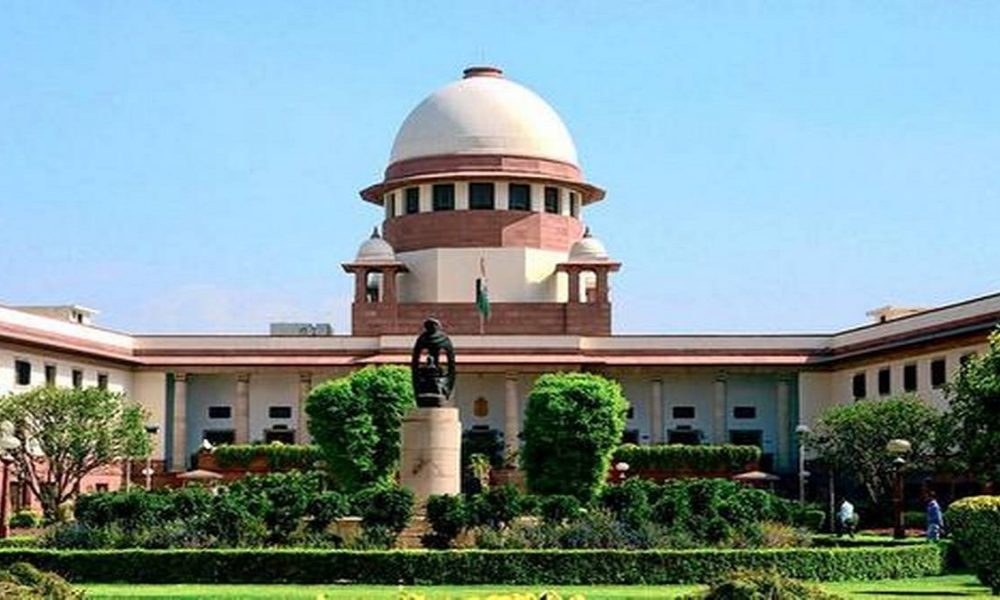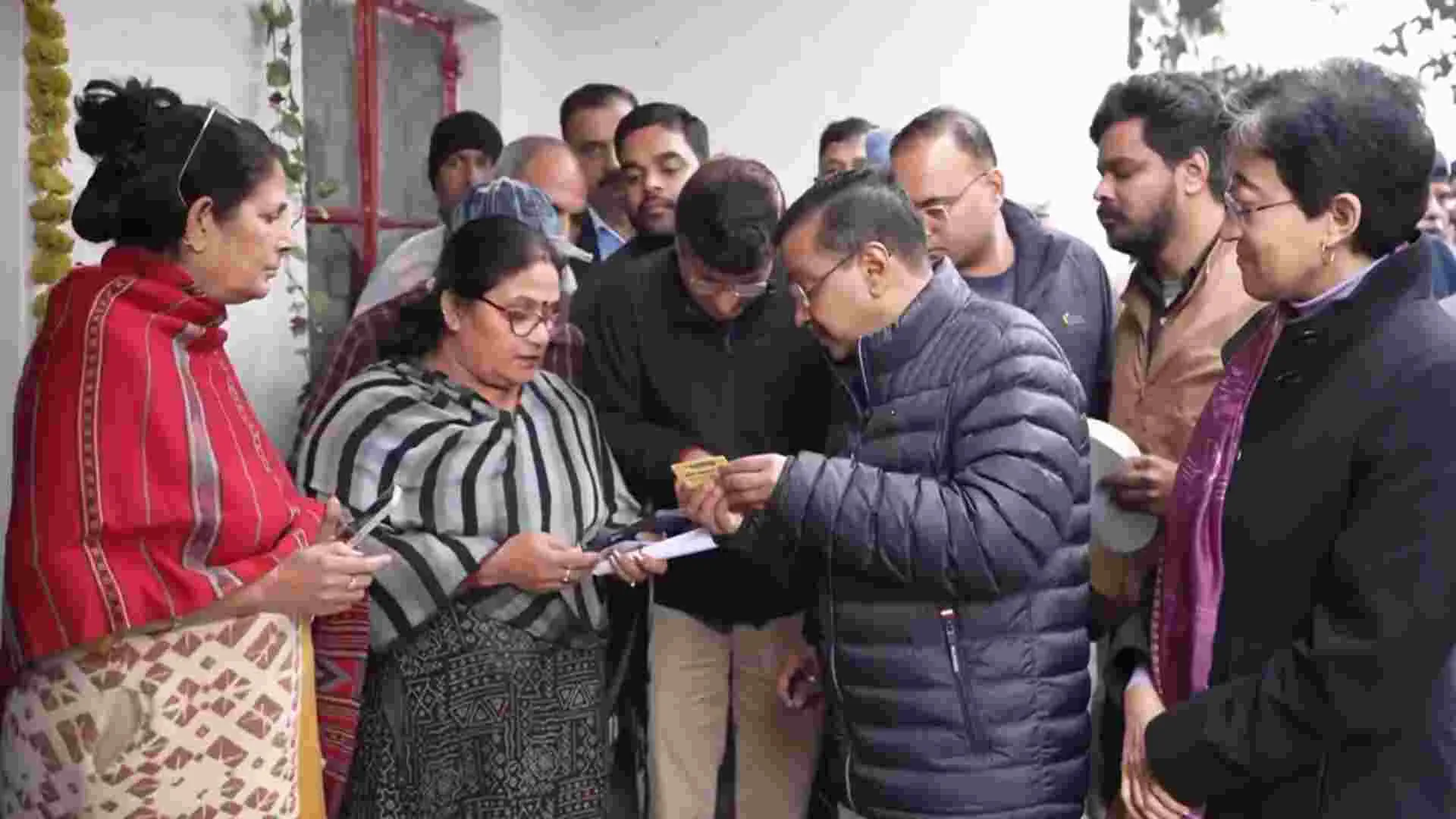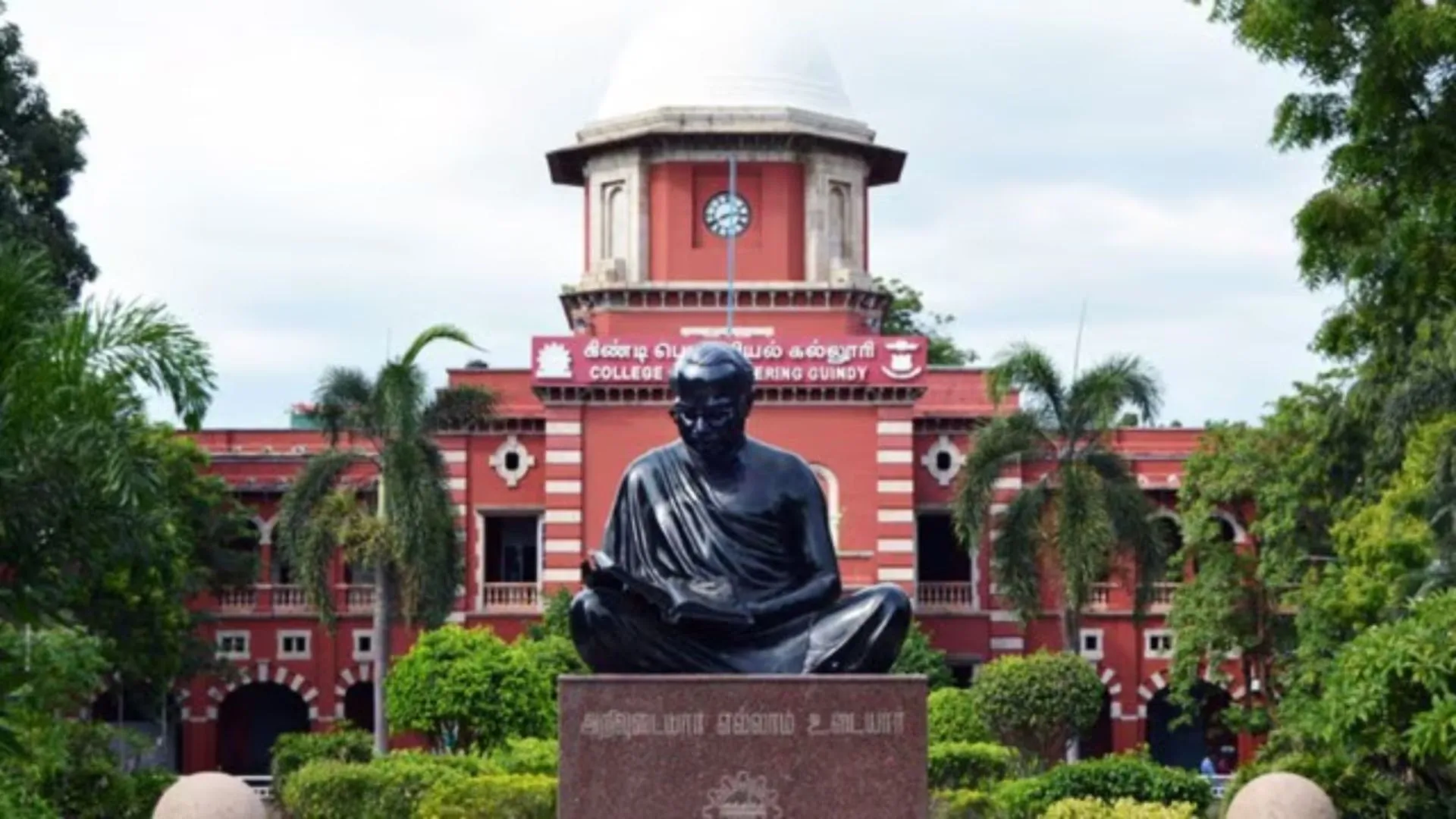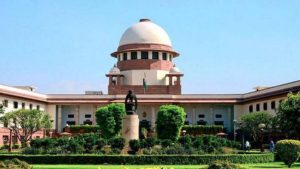The Supreme Court on Wednesday ordered the release of A.G. Perarivalan, one of the prime accused and convicts in the assassination of former Prime Minister Rajiv Gandhi 31 years ago, while invoking its extraordinary powers under Article 142 of the Constitution. Perarivalan was out on bail granted by the top court in March earlier this year after which he was released from the Pujhul prison in Chennai.
Article 142 of the Constitution allows the Supreme Court to pass any order necessary to do complete justice in any case or matter pending before it. A bench of Justices L. Nageswara Rao and B.R. Gavai said that the state Cabinet’s decision is always binding on the Governor. It had said that the Tamil Nadu Governor was bound by the aid and advice given by the Tamil Nadu Council of Ministers under Article 161 of the Constitution, on the release of Perarivalan. Perarivalan had sought a premature release from jail based on the recommendation made by the Tamil Nadu government in September 2018. The apex court in its judgement held that the decision of the Governor to refer the mercy plea of Perarivalan to the President of India had no constitutional backing. The top court, while releasing Perarivalan, took into consideration his good conduct in jail, medical condition, educational qualifications (he acquired while in custody) and the pendency of his mercy plea with the Tamil
Nadu Governor. It also said that the inordinate delay in deciding Perarivalan’s early release plea by the Governor under Article 161 also warranted his release.
As the news of his release from incarceration broke, people, from actors to politicians, expressed happiness and congratulated Perarivalan and his family, particularly his mother Arputham Ammal, who had been running a campaign for years for the release of her son from prison. Actor Satyaraj of Bahubali fame, while expressing his happiness, said, “I thank the DMK government and Chief Minister Stalin on all their effort for the release of Perarivalan.” He added, “This is a release which will be celebrated across the world.”
The political class of the state saw in the release of Perarivalan a victory of the DMK party, which is in power in the state. DMK leader A. Saravanan, while applauding the historic SC judgment as a gesture of humanity, said, “This is a huge victory for DMK, because we have raised this issue for several years.” Welcome his release, Chief Minister M.K. Stalin, “Perarivalan has lost over 30 years in jail and now he is to take a fresh breath of freedom and I wish him well.”
Perarivalan was 19 years old when he was arrested in June 1991 by the SIT of the Central Bureau of Investigation (CBI) formed in the wake of the cold-blooded assassination of the former Prime Minister on 21 May that year. That evening Rajiv Gandhi was at Sriperumbudur to address an election rally when an LTTE suicide bomber Dhanu blew herself up, while garlanding the former Prime Minister, killing him instantly. The blast was so powerful and devastating that it killed 15 people present at the venue. In all, 41 people were arrested and booked under the Terrorism and Disruptive Activities (Prevention) Act, TADA. The TADA court handed out 26 accused death sentences, including to Murugan, Santhan, Perarivalan and Nalini, in January 1998 after prolonged trial.
The Supreme Court, however, upheld the death sentence awarded by the TADA Court to Murugan, Santhan, Perarivalan and Nalini, and commuted the death sentence of three other convicts to life, while releasing 19 other accused.
After the death penalty of Nalini was commuted to life by the then TN Governor in 2000, upon a recommendation from the state Cabinet, Santhan, Perarivalan and Nalini filed a mercy petition with the President of India in 2001, which was rejected in 2011. When they were about to be hanged, the Madras High Court came to their rescue and stayed the execution order in what it called the situation a “double jeopardy”. In 2014, the Supreme Court commuted the death sentences of all three convicts. In the meanwhile, Perarivalan’s mother Arputham Ammal had launched a sustained campaign for the release of her son. A parole granted by the state government in 2021 and the bail by the apex court a year later, Perarivalan now walks a free man.
The release of Perarivalan, however, may pave the way for the freedom of six other convicts in the case. CM Stalin dropped such a hint when he said, “After the full details come out from the SC, we will see what legal action can be taken to initiate the release of the six other convicts.”
(With agency inputs)














